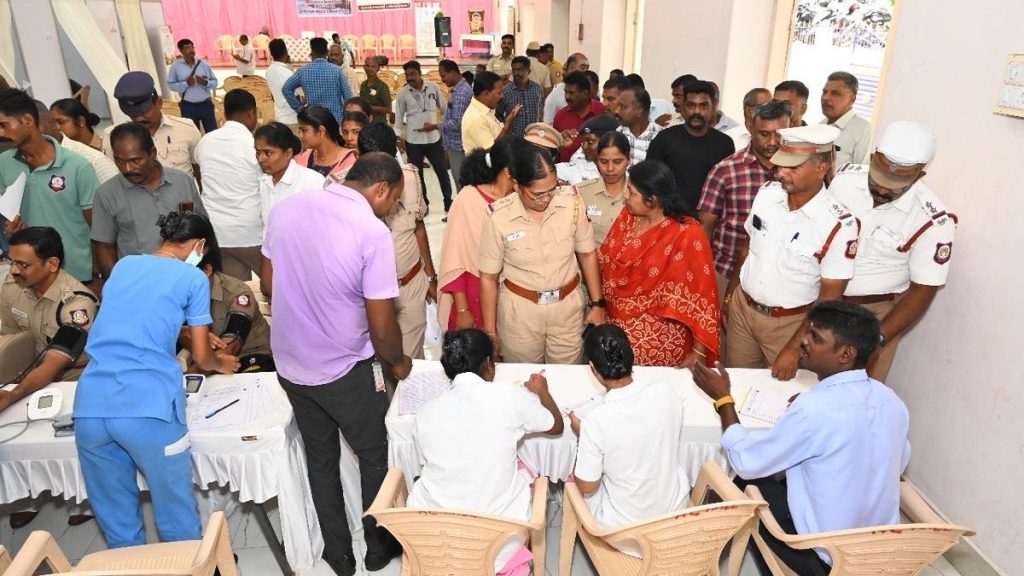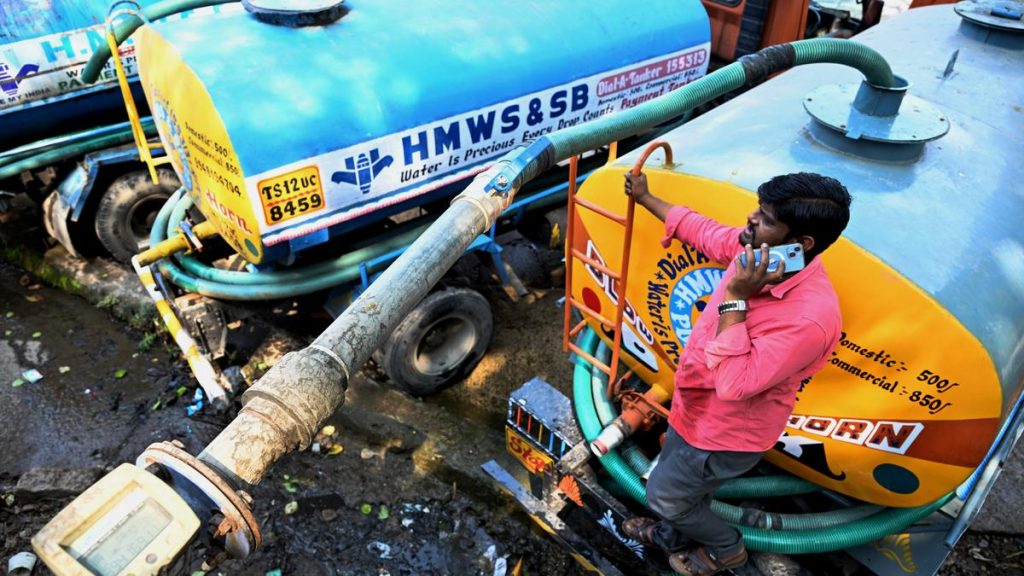Now Reading: Kerala Aims to Clear Waste Heaps Within a Year: Minister M.B. Rajesh
-
01
Kerala Aims to Clear Waste Heaps Within a Year: Minister M.B. Rajesh
Kerala Aims to Clear Waste Heaps Within a Year: Minister M.B. Rajesh

Speedy Summary
- Kerala aims to become India’s only State without waste heaps within a year, announced Local Self-Government Minister M.B. Rajesh.
- The statement was made during the inauguration of a renovated waste treatment plant at Adat grama panchayat under the Malinyamuktha Navakeralam (Waste-Free New Kerala) campaign.
- Kerala has seen notable growth in material collection facilities (MCFs), with 1,020 out of 1,034 local bodies now managing their own units.
- Haritha Karma Sena volunteers collected 1.52 lakh tonnes of waste in 2024-25, credited for ensuring liveability despite challenges and criticism.
- Efforts include clearing 25 major waste dump yards; work underway to clear an additional 20 sites soon.
- Within three months, six solid waste plants will be operational to convert trash into fuel; four new plants will be ready within six months for sanitary waste treatment across Kerala.
- Fines imposed on littering and public cooperation were highlighted as key drivers for success.
- Adat plant cost ₹94 lakh from Central, State, and local funds and integrates functions like composting biodegradable waste and recycling plastics through specialised units.
Indian Opinion Analysis
Kerala’s initiative under the Malinyamuktha Navakeralam campaign reflects a structured approach toward addressing India’s persistent problem of waste management. With over a thousand local bodies actively participating and improved infrastructure such as new material collection facilities (MCFs) and multipurpose treatment plants being introduced, it signals progress toward sustainable urban advancement. the recognition given to Haritha Karma Sena volunteers also underscores the critical role of community engagement in implementing environmental reforms.
The planned conversion of solid waste into fuel is notable for its potential contribution to renewable energy solutions while aligning with cleaner environmental practices nationwide. However, imposing fines on littering requires balancing enforcement with public awareness initiatives so that citizens actively support rather than resist such measures.
This model could inspire other States struggling with similar challenges by emphasizing decentralization-localised units-and active participation rather than top-down directives alone. If accomplished within the projected timeline, it would mark significant progress not only in reducing pollution but also enhancing public health outcomes across Kerala.
Published – August 24th

























